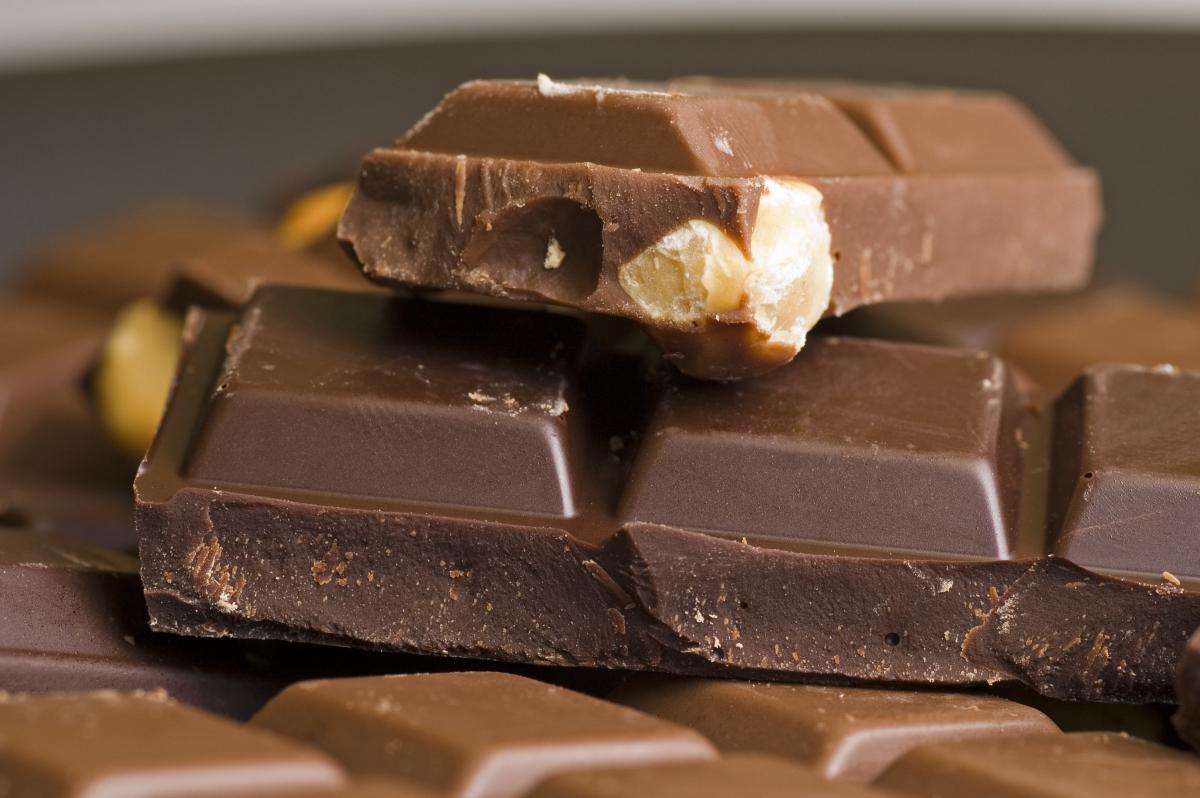FAVORABLE crop-growing conditions enable the production of diverse food products in Turkey. Coupled with its strategic location between Europe and Asia, the country is an ideal distribution center accessible by sea, land and air, to key markets in Central Asia, the Far East and Middle East.
Turkey’s Customs Union with the EU offers low import duties and cordial regulations, an advantage to exporters in the EU member countries. EU and neighboring countries also enjoy reduced shipping time and low freight costs.
The food and beverage sector accounts for 18.9% of the country’s Gross Domestic Product which accounted for close to US$860 billion in 2016 – making Turkey the 17th largest economy globally. The country’s food retail sector market stood at $121 billion in 2016.
According to the ITE, there are about 41,000 registered food and beverage producers in Turkey. Annual exports usually amount to $15 billion for products like fruit, nuts, vegetable oils, seafood and beverages. Imports reach $5 billion annually.
The local sector is on the growth path, and to meet demand for both traditional food and international culinary preferences, as well as new healthy and nutritious products, local producers rely in part on imported machinery and even ingredients.
Given its growth potential, Turkey is forecast to be the world’s 13th largest food and beverage market in 2017. The retail sector growth is expected to do well as the share of food in the retail space is 60%. Biscuits are expected to register a CAGR of 3% at constant 2014 prices until 2019 while the market for meat and meat products recorded an average annual growth rate of 11% during 2010-15. Imported fish saw growth from $137 million in 2012 to $197 million in 2016.
Show of interest in organic food
Turkey is a major producer of organic produce, with exports reaching close to $100 million annually. Organic food is mostly available at hypermarkets and supermarkets, a clear inspiration drawn from Western mass-grocery retailers.
Local consumers are slowly shifting preferences from processed food items to healthy options. Demand for organic and health food is on the rise, with sales expected to grow in excess of $170 million by 2020, or nearly double the value in 2015 at $90 million. Popular products are dairy (including cheese 21.8%), baby food (14.8%), and sweet and savory treats (13.6%). Other products include oil and fats, organic spreads and bakery items. The consumption may be a tad low at present but it does have the potential to increase as currently it is the urban, highly educated consumers who are into organic food.

In Turkey, there is growing interest in flavored waters as well as other functional food and beverage. (Photo © Paul Reid I Dreamstime)
Coffee and water consumption
Turkish coffee is globally renowned for its quality and taste but it is valued by local consumers, too. Over 2015-16, an average of 920 grams per person was consumed, nearly double from 2013-14 levels of 595 grams per person. While the country doesn’t lead the list of coffee-drinkers, it shows sizeable opportunities for specialist exporters. Turkey’s coffee sector is worth more than $162 million and while that may appear relatively small in terms of its global peers, the market is rising 15% year on year, a reason enough for exporters to take this market seriously. Coffee imports in Turkey grew from $56 million in 2010 to $104 million in 2014, indicative of how this drink holds immense potential.
Mineral water demand is growing, too. Since 2010, the market for imported water has risen from $34.3 million to $67.2 million as per Harvard University’s Centre for International Development.
Packaged foods
Supermarkets are gaining traction in Turkey. Frozen foods generated revenues of about $1 billion in 2014. The annual growth rate between 2010 and 2014 was 4.7%. Packaged food consumption is growing given the demand for convenience.
Nuts and fruits
The world’s third largest producer of hazelnuts, only after China and the USA, Turkey holds intent of investment in Azerbaijan according to Turkish media. Local businessmen have commenced investing or renting gardens in Azerbaijan and Georgia to maintain its dominance. In 2016, Turkey earned nearly $ 2 billion in revenues from nuts exports mainly to Italy, France and Germany.
In 2017, Turkish group Anatolia operating in international dried fruits markets, purchased UK brand Whitworths, a supplier of fruit, nuts and seeds, to offer the scope for long-term growth synergizing the strengths of both brands.

Turkey exported nearly $182.6 million worth of chocolate and $2 billion for nuts (Photo © Julián Rovagnati)
Sweet and chocolate offerings
Of the $182.6 million worth of chocolate exported in 2016, about $109 million was purchased by Arab countries, according to the Turkish Statistical Institute (TurkStat), weighing in at 71,300 tons. Iraq topped the list with $35.3 million worth of chocolate imports followed by Saudi Arabia ($17.1 million) and the United Arab Emirates ($14.7 million).
Over the same period, chocolate imports weighed in at 2,300 tons valued at $21.3 million. Bulk of the imported chocolate came from Germany, with $11.6 million. Turkish brand Ülker announced its strategic plans of growing 23% in the MENA market post its merger with British McVitie’s.
Local trends
Turkey has made strides in the food sector by deploying techniques such as food engineering, quality control, food safety and hygiene. Its popular cuisine has helped grow the sector by offering indigenous food items in restaurants, bistros, and cafes.
Some of its latest trends are: Water 2.0 as consumers are wanting more than just water. Companies are therefore offering attractive waters with aloe, maple, or cactus. The global functional water market is expected to touch $36.7 billion by 2019. Agricultural initiatives are among new trends as the latest methods have been developed to support sustainable practices.
What promise does local food industry hold?
The food retail industry is predicted to grow 8% during 2015-18. Niche products like functional food and beverage targeted at a young and urbanized population sector, are in demand. This is a flag for importers and exporters to encash the potential Turkey is offering. Over 50% of the population is under the age of 30; that, coupled with growing purchasing power and a thriving middle-class bracket suggest that the palate and appetite of Turks for international and urban flavors is on the rise for years to come. – ZAINAB MANSOOR
|
Expanding Halal sector TURKEY’s halal food sector was estimated at $30 billion in 2014, double from 2013 and with $293 million in M&A activity in this sector between 2012 and 2015. There were 44 Food and Agriculture related M&A deals in Turkey in 2014, according to Thomson Reuters and DinarStandard’s Islamic Growth Markets Investment Outlook 2015 report. Turkey is the second largest Food and Beverage market by Muslim spend, only second to Indonesia. The country spent an estimated $112 billion on F&B in 2014 and growth is estimated at a CAGR of 2% between 2014 and 2020, according to the State of the Global Economy 2015/16 report. The Turkish Standards Institution (TSE) has issued Halal Food Certification since 2011 and has so far given certifications to 327 firms across 18 product lines. According to Turkey’s Minister of Customs and Trade, Nurettin Canikli, the halal food industry is valued near to USD one trillion globally and Turkey contributes around 10 percent. The Muslim world is expected to spend USD 2.5 billion on halal food by 2019, Thomson Reuters’ State of the Global Islamic Economy report suggests, adding that the Muslims worldwide could spend up to 10.8 percent more on halal food and associated products for the same period. A societal change is also driving the demand for Halal products. A growing, urbanized population is boosting the desire for ready to eat halal products. Also, meat a rarity for special occasions is now becoming increasingly popular given that young Turkish people are enjoying greater purchasing power. |
References
https://www.conexioconsulting.com/food-sector-trends-and-turkey/
https://www.azernews.az/business/116656.html
http://www.borderless.net/fruit-and-nut-brand-whitworths-sold-to-turkeys-anatolia/
Jordan XII Slide
 iConnectHub
iConnectHub
 Login/Register
Login/Register Supplier Login
Supplier Login


























